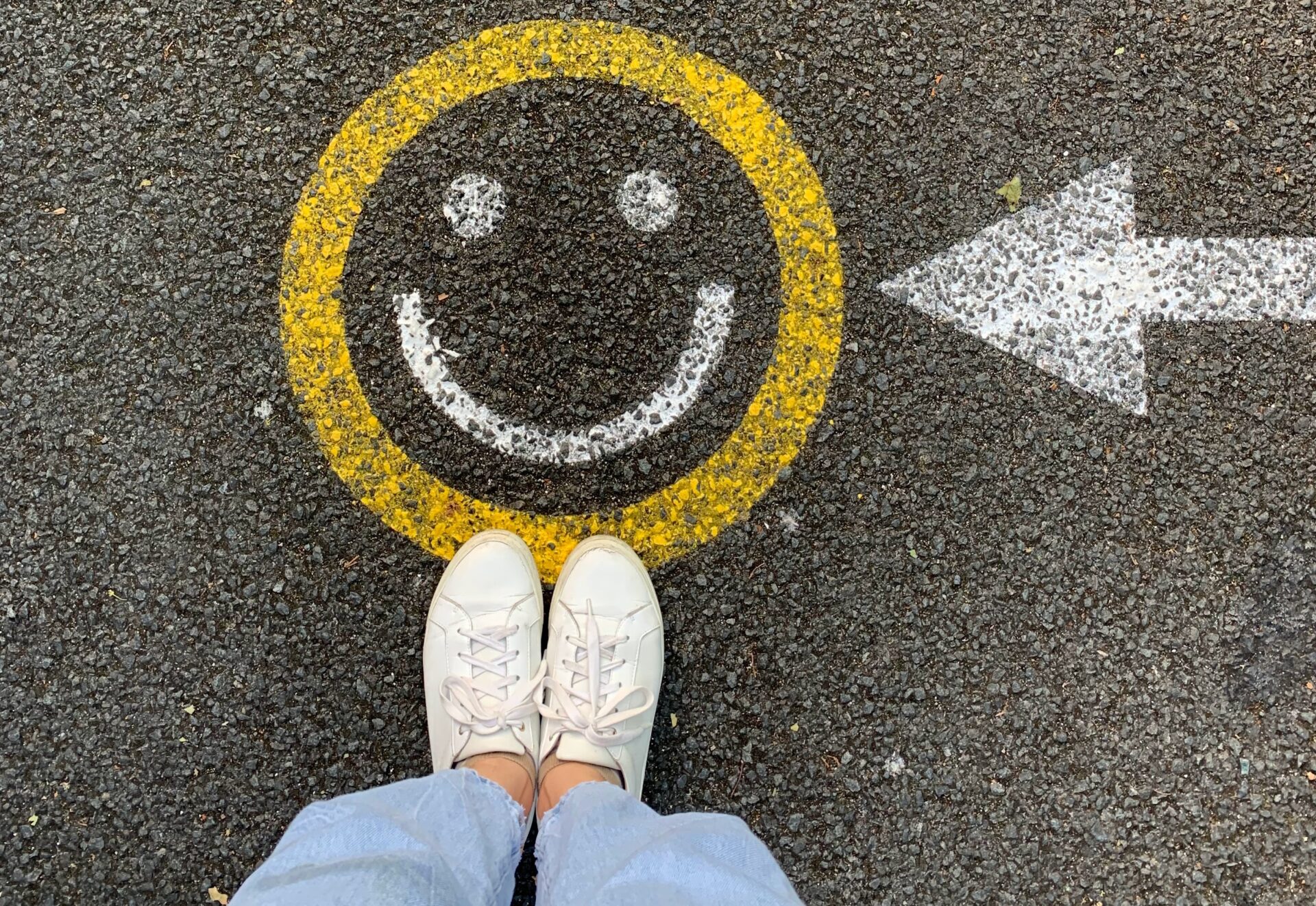
Seven steps to a better headspace
Life can be crazy sometimes (and for many of us – that’s an understatement). Sometimes it takes us weeks to realise our headspace had been muddled and that we might not have been behaving in our authentic self.
You know when people try those crash diets and within a week or so they’ve “crashed out” of it and are back to their old routine? The same can be said for those self-care routines you try when you realise you haven’t been feeling the best but just like a crash diet – you find yourself back to square one within a matter of weeks – or even days #relatable.
First things first – let’s break down some myths about self-care.
❌ Self-care is not an indulgence.
✅ It’s about making mindful changes in patterns of thoughts and behaviours that do not contribute to your wellbeing.
❌ Whoever said self-care is selfish is “seriously disturbed.”
✅ Putting time aside to get sufficient rest and exercise can help you hit those deadlines with a healthier headspace.
❌ Self-care is not a one-time experience.
✅Self-care is an ongoing practice in building resilience to face hardships, and in preventing burnout.
So, now we’ve cleared the air on those myths – let’s deep dive into seven ways you can create an enduring self-care routine and ultimately find a better headspace:
We’ve taken the following tips from the experts at Headspace – after hours of searching the best ways – we find that the seven they provide have been the most effective – and simple!
Get into life
Headspace recommends setting a task you want to complete for the day – you don’t have to go big with this – it can be anything between making your bed, to hitting the gym, or setting an hour aside to study.
Learn skills for tough times
What practices help you through difficult thoughts and feelings? Is there a new coping method you might want to try like journaling, breathing exercises, talking to a friend, or just taking time away from social media?
Create connections
Reach out to those you enjoy spending time with! Thanks to nifty smartphones you can be Facetiming a friend in no time.
Eat well
Science has found that your mental health is related to your gut health, it’s called the gut-brain connection, and could be causing your stress It’s clear that it can become an unhealthy cycle when you find yourself reaching for the choccy when feeling a little stressed? Working towards minimising unhealthy snacks and developing coping strategies that are not related to food can help you feel more you!
Stay active
Move your body! UNE Senior Lecturer in biomedical science, Dr Mary McMillan recently highlighted why staying active is important to beating burnout and chronic stress, check out her blog here.
Whether it’s gardening, going for a walk, hitting the weights, or yoga – staying active looks different for everyone, you just need to find what you enjoy! You can also check out SportUNE’S Wellness Hub if you need a little inspo!
Get enough sleep
Mary also mentions the importance of getting adequate sleep in her article. Try to stick with waking up and going to bed at the same time as much as possible. It’s recommended that adults should aim for 7-8 hours of sleep per night. Easier said than done when you have a zillion thoughts running through your mind… Try and find a bedtime routine that you enjoy. It could be a warm bath or shower, sip on a warm de-caffeinated beverage, reading a book, listening to a podcast or relaxing music, or switching the phone off – any of these methods can help you get your Zzz’s up!
Cut back on alcohol and other drugs
This one is kinda similar to the gut-brain connection – be mindful of what substances you put in your body and how they might be affecting your mental health. Try taking a short break – Headspace recommends taking a few days and then a week, whilst trying alternatives like herbal tea, and activities that keep you engaged.
Let’s be clear here – no one is perfect – and so if you find yourself crashing out of the self-care routine you’re created – don’t let it get you down. You’ve already done the hard part of creating and finding what you enjoy, so just take a moment to reset and slowly pick up from where you left off – you got this!
Support is never far for our staff and students at UNE.
Our team at Advocacy and Welfare offers confidential support to students! You can contact us here.
Student Success also has confidential counselling for students, you can find them here.
Lifeline is also a 24/7 hotline and you can call them on 13 11 14


